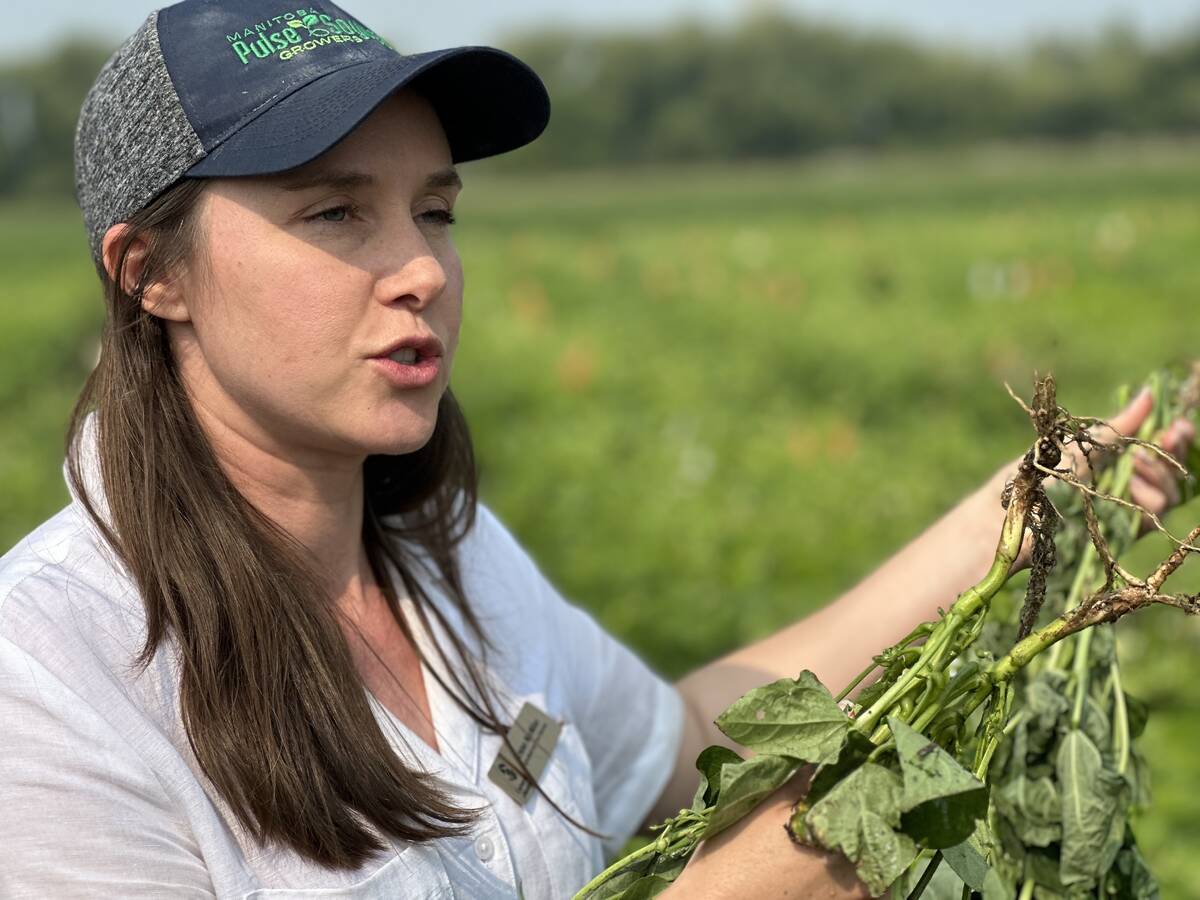Ecological goods and services compensation | Interest in such programs found more at the provincial than federal level
Canadian policies to compensate farmers for ecological goods and services are largely an unco-ordinated shambles, a new study suggests, despite growing interest in farm environmental practices.
The Greening of Canadian Agriculture, written by George Morris Centre researchers for the Ottawa-based Macdonald-Laurier Institute, recommended more study and increased use of pilot projects to evaluate what will work best in Canada.
It also suggested there is more interest in the need for agricultural environmental programs at the provincial level than at the federal level.
The national Growing Forward policy framework agreed to by Ottawa and the provinces still places significant emphasis on farm support programs, “and there appears to be little room for expansion into environmental programs,” said the report.
Read Also

Lower nitrogen rates in dry beans could pay off for farmers
Manitoba research is testing whether reduced nitrogen fertilizer in dry beans can maintain yields while cutting costs and lowering greenhouse gas emissions.
It analyzed the main environmental programs of the European Union, the United States and Australia and concluded they would not necessarily be a good fit for Canada.
The EU has a cross-compliance policy that ties a farmer’s eligibility for farm program support to environmental performance. Farmers also receive landscape maintenance compensation in a “single farm payment.”
The report noted that most Canadian farm support programs have unpredictable payments that create less of an incentive to support cross-compliance.
“The incentive to cross-comply will be stronger the greater the level and certainty of the payment it is tied to,” said the report.
“If the benefit of the underlying farm program is fixed and large, then the effective cost of failing to cross-comply is tangible. Conversely, if the nature of payments from the underlying farm program is such that the payments are uncertain and may only be small in size, then the effective benefit of cross-complying may be perceived as small.”
The EU has a relatively predictable single farm payment, while Canada’s attempt to make farm programs “predictable and bankable” has yet to produce significant results.
The emphasis in the U.S. and Australia is on payments for land conservation and withdrawing sensitive or marginal lands from production. The U.S. Department of Agriculture’s 2013 budget includes $6.2 billion for conservation programs that affect 358 million acres.
The report suggested research to evaluate what pilot projects have worked best for Canadian conditions.














